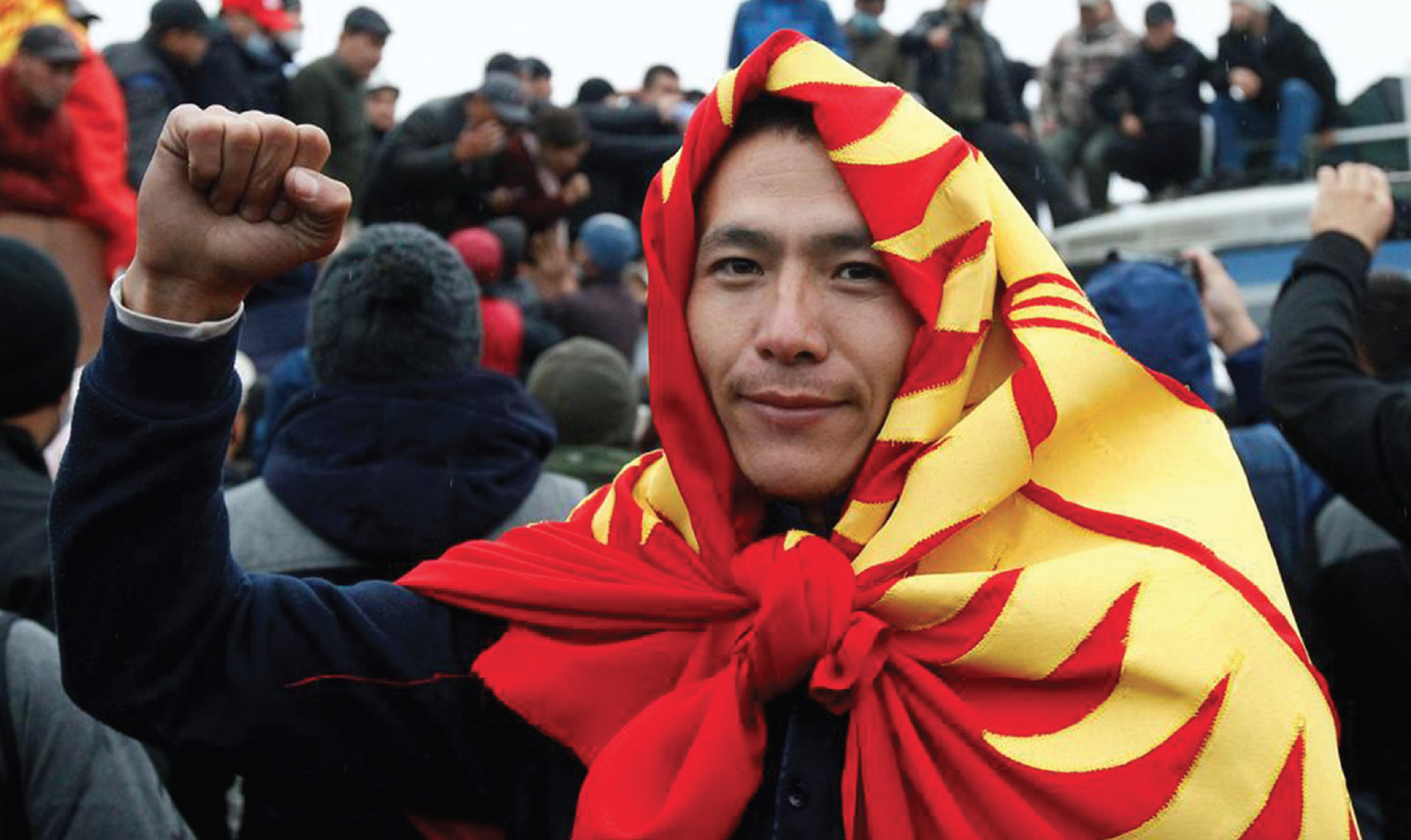Kyrgyzstan’s Digital Populists: How Social Media is Reshaping Political Discourse in Central Asia
Populism is a relatively new political phenomenon in Central Asia. The region has long been dominated by traditional post-Soviet “soft” autocrats and heavy-handed dictators who mostly relied, to varying degrees, on the combination of traditional tools of state-sponsored official channels of propaganda, administrative resources and the security services to suppress dissent and consolidate power. One could also observe variations between different leaders in a country. In Kyrgyzstan, for example,
Bakiev’s regime relied on repression and violence -including extrajudicial killings – differing markedly from those that came before and after. However, President Sadyr Japarov and the populist wave that brought him to power opens a new chapter in Central Asia’s political evolution with rightist, nativist, paternalistic, ethnonationalist and ethno populist dimensions. Many analysts have been caught off guard by this novel, grassroots approach to power politics in the region. While political populism is a well-documented phenomenon outside the post-Soviet space, within the region, with the exception of Georgian – which experienced populism under first president Zviad Gamsakhurdia and then later, with Mikheil Saakashvili – it has been absent from political life.
The populist turn in politics is flourishing, in part, thanks to the rise of the internet and social media platforms which have challenged the normative roles of traditional media. This paper offers a first step toward understanding populist mobilization in Kyrgyzstan and the new modes of political communication under Japarov. This study seeks to illuminate the ways in which nationalist politicians exploit national narratives and divisive rhetoric to mobilize their base. We explore these things using visual analysis of Kyrgyz social networks. We pursue this research agenda in order to better understand the impact of social media on political and social power configurations in Central Asia. This theme is widely discussed in studies of advanced democracies, which are vulnerable to the spread of conspiracy theories and electoral lies. In the United States and Europe, populist politicians have exploited political polarization in order to mobilize around an anti-establishment worldview. But outside of Western democracies, these techniques of statecraft and campaigning are less well understood. Our study asks the following questions:
1. In what context are social media users exposed to hate speech?
2. What are the main channels for disseminating such messages?
3. Who are the agents/content-makers/moderators/online group moderators and what are their roles in the spread of information?
4. What is the tendency for the horizontal and vertical spread of information?
Gulzat Baialieva is a PhD candidate at the Social Anthropology Department, University of Tübingen. She holds an MA degree in Political Science from the Central European University (Hungary) and a graduate diploma in European Civilizations from Bishkek Humanities University (Kyrgyzstan). She currently teaches at the Social Anthropology Department, University of Tübingen (Germany). Her research interests include populism, environmental anthropology, post-socialist transformations, water use in Central Asia and digital ethnography.
Joldon Kutmanaliev is a postdoctoral researcher at the University of Tübingen. He received his doctoral degree in political science from the European University Institute in Florence. He obtained his MA in political science from the Central European University. Previously, he taught at the Bishkek Humanities University for many years.

